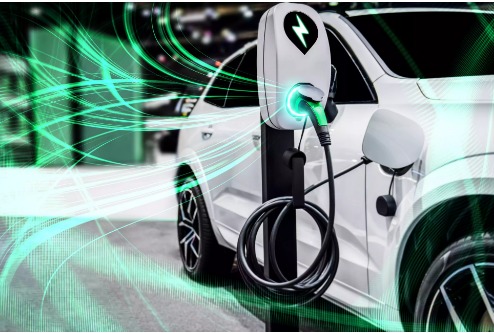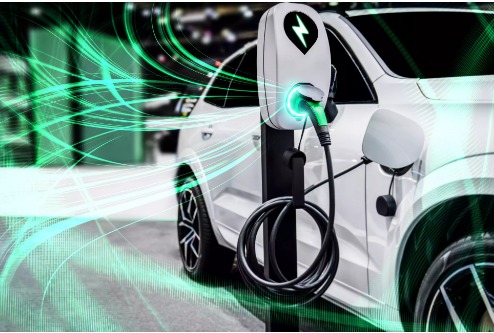EV players seek policy support after GST Council rejects demand to cut tax on lithium-ion batteries
“Rather than solely focusing on the current usage of lithium-ion batteries, the government should continuously evaluate the importance of the EV industry for our nation’s sustainable future. This evaluation should extend to exploring and supporting policies and initiatives that encourage the widespread adoption of electric vehicles throughout the country,” says Uday Narang, Founder and Chairman, Omega Seiki Mobility. He believes reduced taxes on batteries will help accelerate the transition to a more “sustainable “and “environmentally friendly” transportation ecosystem in the country.
Industry stakeholders reckon that while a 13 percent slash in GST on EV batteries would have accelerated sales, a nil reduction will not negatively impact consumer sentiment.
GST Council rejection
The GST Council’s fitment committee had recently rejected the industry’s proposal to lower the tax on EV batteries.
The EV industry had sought a reduction of GST on batteries from 18 percent to 5 percent, but the fitment committee recommended a status quo on the rate.
Several EV stakeholders Moneycontrol spoke to say that in order to encourage the EV industry’s growth further, the government should consider revisiting its decision on lithium-ion battery duties and continue to make decisions that support and incentivise the adoption of EVs.
The GST Council’s fitment committee, which comprises revenue officials from both the Centre and states, maintains that Lithium-ion batteries is used for multiple applications such as cellular mobile phones, laptops, personal computers, portable electronics, tablets, EVs, etc., and hence differentiating amongst them would be infeasible.
EV industry stakeholders seek incentives for sales fillip
The Society of Manufacturers of Electric Vehicles (SMEV), an industry body, says that it has persistently demanded the government’s immediate action in slashing the GST on lithium-ion batteries for electric vehicles. It says that acquiring a second battery for EVs remains an “exorbitant proposition” for consumers.
“It is imperative to recognise that the electric vehicle market is still in its formative stage. Consequently, it is absolutely critical to lower the GST for a specific duration, enticing consumers to wholeheartedly adopt electric vehicles until the market matures,” reasons Sohinder Gill, Director General, SMEV.
Gill also believes that this reduction is equally vital to extend support to the batteries used in swapping stations, facilitating the widespread adoption of this concept, which caters to cost-conscious customers seeking “affordable mobility solutions”.
Seconding Gill is Chetan Maini, Founder of Sun Mobility, a provider of energy infrastructure and services for EVs. “If you’re a company that manufactures different types of vehicles, like ICE vehicles, etc, you could offset your GST. But if you are a company that only manufactures electric vehicles, then your input cost will always be more than your output cost. As a result, it’s an inverted duty structure anomaly that needs to be fixed.”
Government remains firm on indigenisation drive
While the EV industry looks for upward thrust on a continual basis, the government feels that it has given enough support to create an ecosystem for battery driven vehicles. The union road transport minister believes that EV sales will further boom which will lead to a massive drop in battery prices in the long term.
“When we started out with electric vehicles, the lithium-ion battery was really costly and the rate was $120 per kilowatt hour, but now it comes to $115. And in due course, it will come down to $100,” Nitin Gadkari, Union Minister for Road Transport and Highways (MoRTH) told Moneycontrol in a recent interview.
Drawing an analogy of cellular phones, Gadkari added, “When I bought an Ericsson phone in Mumbai, the cost was Rs 1,23,000. Now a mobile is available for Rs 3,000-4,000. So when volumes increase, ultimately the cost is going to reduce.”
He also stated that the domestic industry can leverage the lithium-ion reserves that were recently discovered in Jammu, which is estimated at 6 percent of the world’s stock. In his view, “We import 1,200 tonnes of lithium per year. By fast-tracking the project, if we can get the lithium from Jammu, we will be more competitive.”
He was also of the firm view that apart from the lithium-ion battery, the country can count on other successful technologies like sodium-ion, aluminium-ion, etc.





